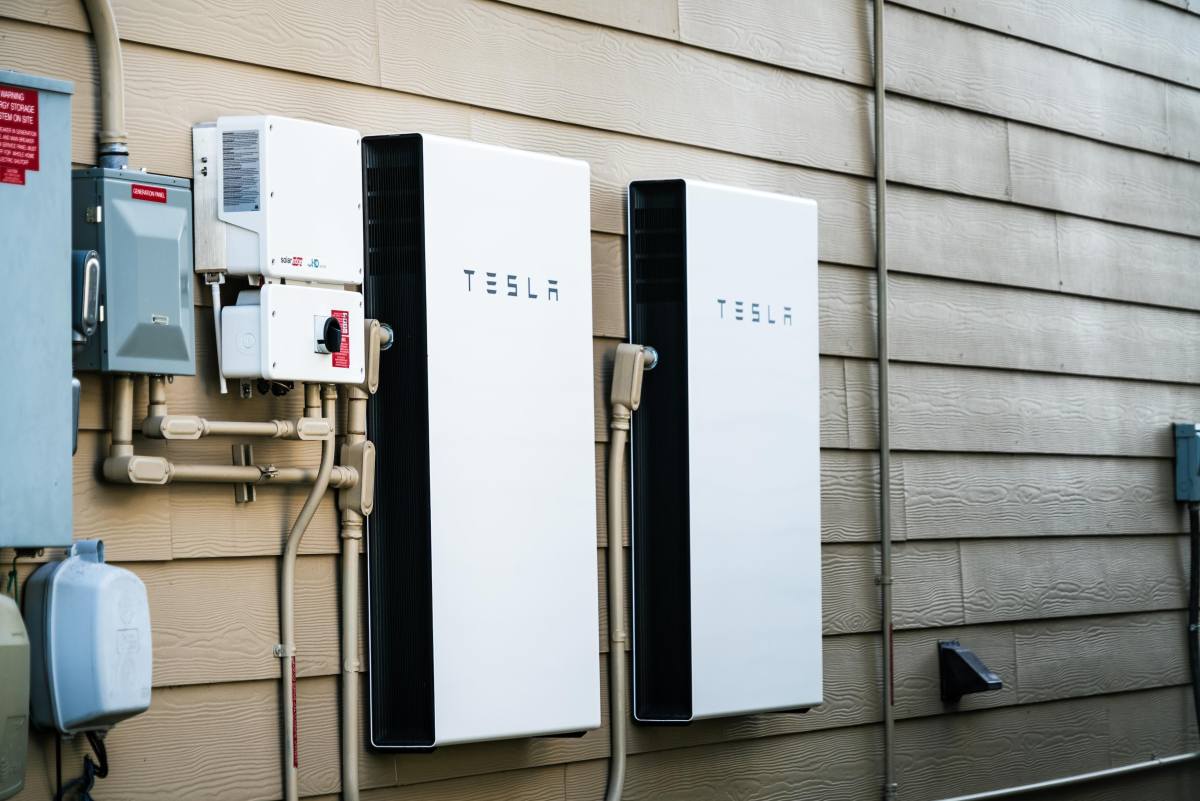Tesla is a business built, in part, on government regulations and incentives, from a Department of Energy loan guarantee in 2009 to the regulatory credits it sells to other automakers, which have driven a third of its $32 billion in profits since 2012.
Now, the company’s energy business — a rare bright spot amid faltering demand for its EVs — is under assault.
House Republicans passed a reconciliation bill last week that would undo much of the Inflation Reduction Act, including tax credits for residential solar installations and for clean energy projects. That bill is now before the Senate.
If the Senate were to pass it with those repeals in tact, it could have a devastating impact on Tesla’s energy division, which brought in $2.7 billion in revenue in the first quarter, a 67% increase year-over-year.
With CEO Elon Musk claiming that his time in government has come to an end, Tesla has taken to lobbying legislators on X. There, Tesla Energy appealed to Senate Republicans.
“Abruptly ending the energy tax credits would threaten America’s energy independence and the reliability of our grid – we urge the senate to enact legislation with a sensible wind down of 25D and 48e,” Tesla posted on X. “This will ensure continued speedy deployment of over 60 GW capacity per year to support AI and domestic manufacturing growth.”
Today, homeowners qualify for 30% tax credits on new solar installations, while clean energy developers can generally claim the same. Those provisions are currently scheduled to sunset at the end of 2032, but House Republicans want to end the credits four years earlier and require projects to begin construction within 60 days of the bill’s passage.
Cutting those parts of the law could risk the deployment of 60 gigawatts of capacity annually “to support AI and domestic manufacturing support,” Tesla said.
The Trump administration has made “energy dominance” a key priority, and slowing the deployment of renewable and clean energy puts that goal at risk.
Last year, 93% of all new generating capacity in the U.S. was clean energy, mostly solar and grid-scale storage. In the first quarter this year, renewables added 7.4 gigawatts, the second best Q1 ever. Queues for new natural gas turbines stretch for years, while solar farms can generally be completed in 18 months.
Like many residential solar installers, Tesla’s energy business is heavily dependent on tax incentives. Since Republicans have prioritized repealing the Inflation Reduction Act, American solar stocks have taken a beating. This year, Enphase is down 45%, SunRun has lost a quarter of its share price, and First Solar is off 15%.











